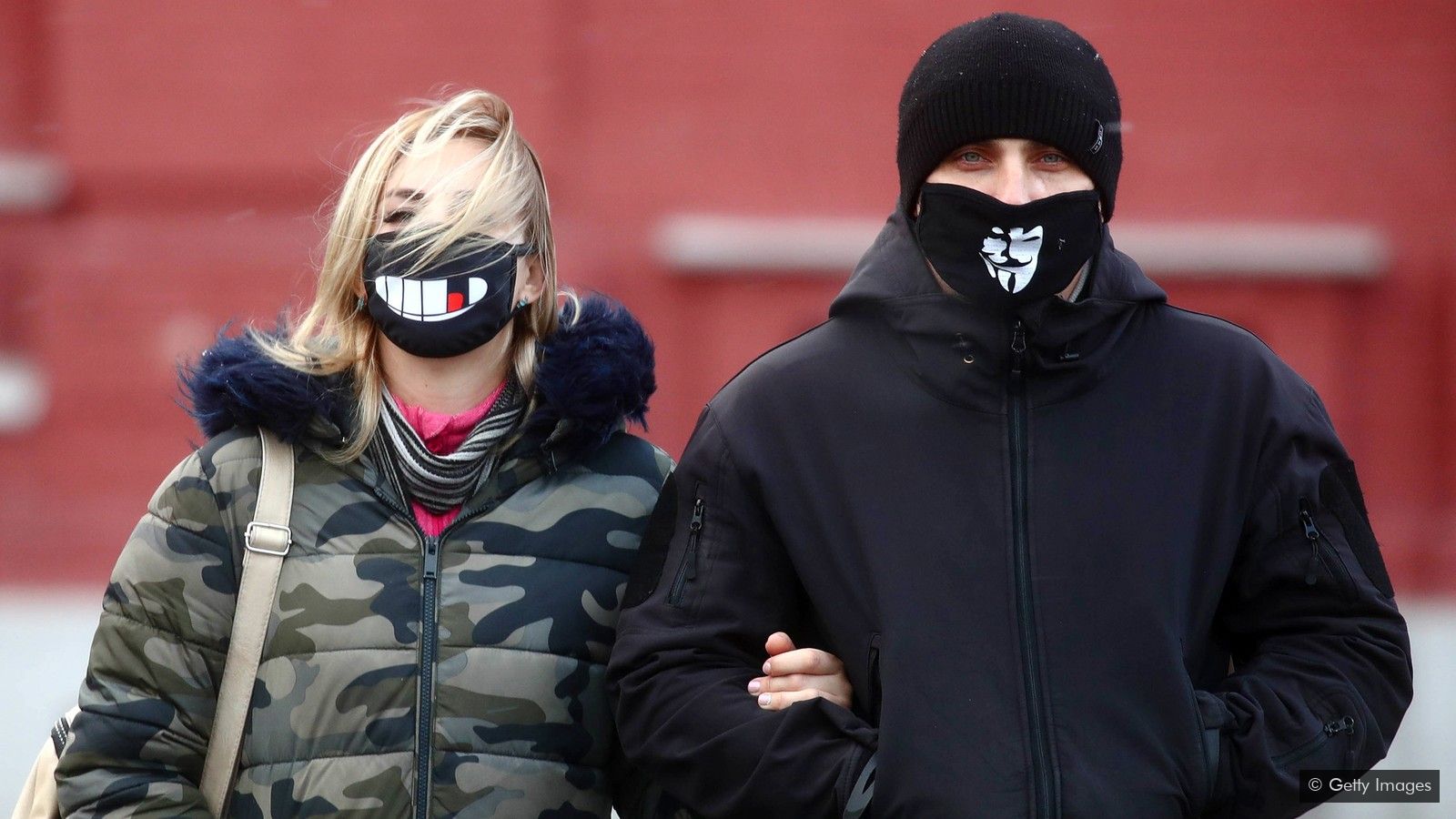
More of us are wearing face masks to protect against the novel coronavirus. How do they alter our interactions with others?
Today, more than 50 countries mandate wearing masks in public. Many citizens in countries without strict regulations wear them anyway to protect themselves and others from catching coronavirus. And in many countries, particularly in Asia, wearing masks – to guard against pollution, for example – was already the norm.
In countries newer to the practice, some people are struggling with having something covering our faces. “It’s hard to breathe with a mask on” and “I can’t have a proper conversation because my words sound muffled” are two common complaints. Charities have also warned that members of the deaf community and others with hearing problems may struggle if face mask wearing becomes common and widespread
In general, humans tend to process faces as a whole, rather than focusing on individual features, says psychologist Rebecca Brewer, who studies the role of facial expressions in the way we communicate emotion at the Royal Holloway University of London. “When we cannot see the whole face, such holistic processing is disrupted.”
I – Word Understanding
Alter – a small but significant change
Muffled – sound is made not loud enough because of some obstruction
II – Have Your Say
1. What are your complaints about wearing a face mask? In what way do you think wearing it protects us?
2. Learning how to read emotions from a face could aid social interaction, reduce misunderstandings and help a group function efficiently and harmoniously for the greater good. How do you think wearing a face mask changes our way of communication?
3. Uniqlo has announced that it will be selling reusable airism face masks this summer. Other clothing / sports garments companies have their own versions as well. How does face mask affect fashion? Which fashion are you likely to follow?


